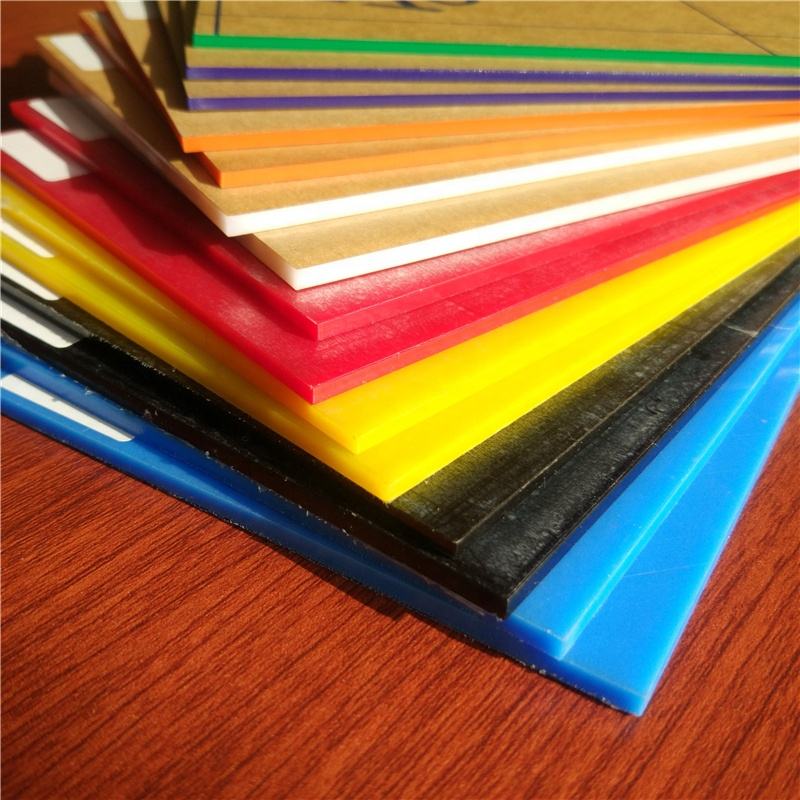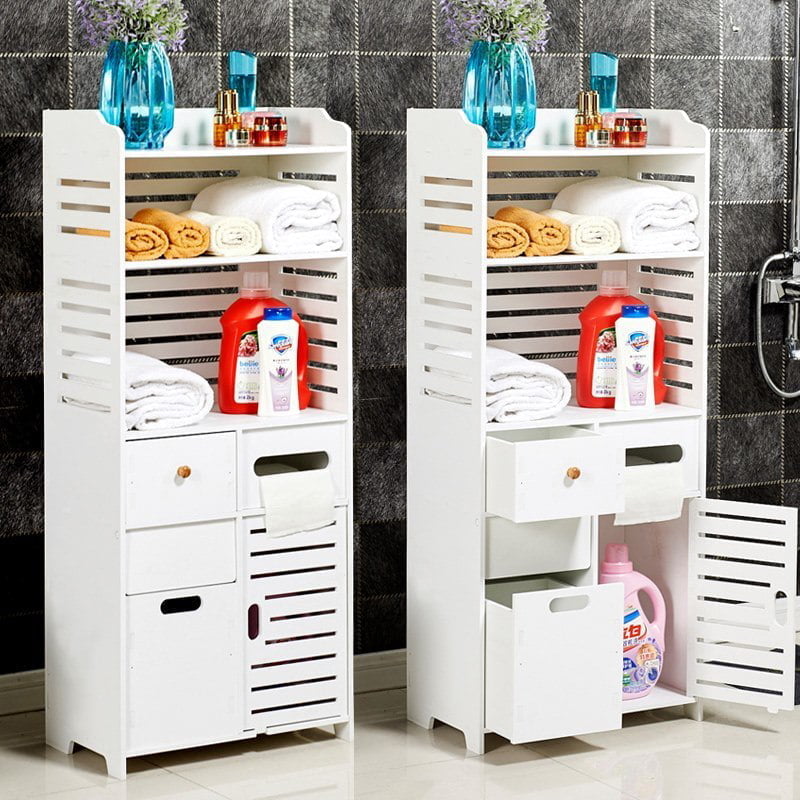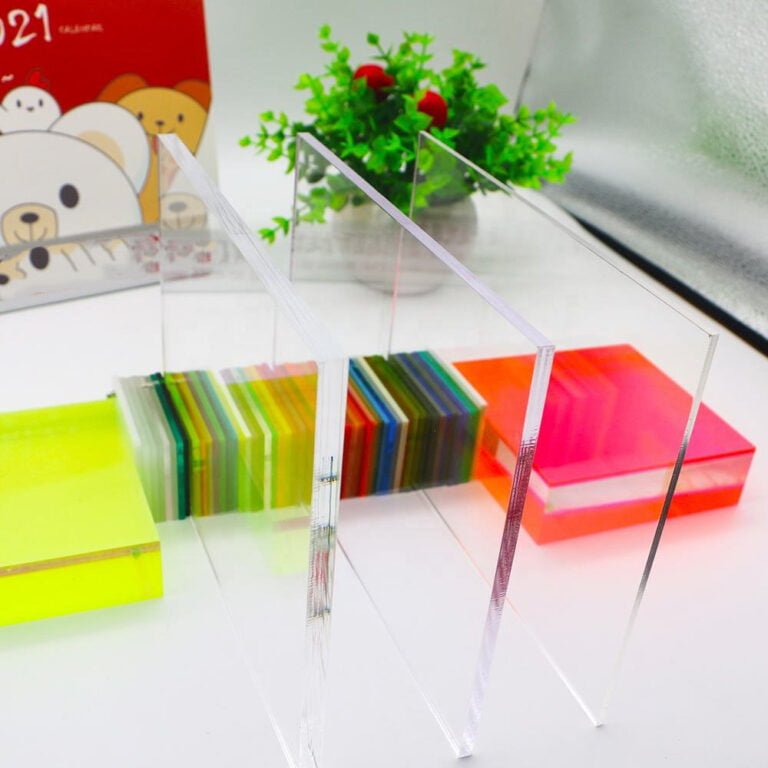When searching for building materials, you may often come across the term “PVC Board.” You might be curious about its usability, composition, and various benefits. In this blog, we will explore the different aspects of PVC boards, from their uses and applications to their features, providing insights that will prove highly beneficial in various contexts.
What is a PVC Board?
PVC, or Polyvinyl Chloride, is a highly adaptable and versatile form of plastic widely used in the construction industry due to its cost-effectiveness, durability, and easy maintenance. Also known as Foam PVC or PVC Foam Board, it is mainly characterized by its lightweight, resistance to chemical erosion, and robust nature.
Compared to other traditional building materials, PVC boards are weather-resistant, highly flexible, and rot-proof, making them an attractive choice for various applications. Now that we have a quick snapshot of what exactly PVC board is, let’s explore its various uses in the following segments.

Uses of PVC Board
- Building and Construction Industry: The building and construction industry makes extensive use of PVC boards due to their excellent attributes such as fire resistance, water resistance, and resistance to chemicals and pests. They are used for windows, doors, wall cladding, partitioning, 还有更多. Thanks to their resilience and sturdiness, they are primarily used in places where they can withstand extreme weather conditions.
- Furniture: PVC boards are widely used in the production of office and home furniture because of their resistance to termites and water. 而且, their ease of cutting, 成型, and bonding makes them perfect for creating decorative pieces, tables, chairs, 橱柜, bookcases, and many other furniture elements.
- Advertising and Signage: Due to their durability and lightweight, PVC boards are excellent materials for creating signage, point-of-sale displays, and exhibition stands. Their super smooth surface can be easily printed on, providing the best platform for long-lasting and vibrant prints.
- Kitchen Cabinets: PVC board kitchen cabinets have become a popular alternative to traditional wooden ones due to their easy installation, low cost, and durability. Additionally, they resist water, fungus, and termites that can damage the cabinets. Available in a range of colors and designs, they allow for lots of creativity and blend seamlessly into any kitchen decor.
- External Wall Panels: PVC boards provide a decorative touch to exteriors and enhance weather resistance. PVC external wall panels withstand various climate conditions, providing durability and resistance to both water and UV light. Their easy-to-clean and smooth surfaces deter the growth of mold and mildew.

Applications of PVC Board
PVC foam board is an integral part of many sectors and applications due to its lightweight, versatility, and robust characteristics. PVC boards are manufactured in different colors, sizes, and densities, improving their adaptability in a wide range of applications.
- 广告: In advertising, PVC boards are extensively used for banners, signs, and displays as they offer a clean and professional appearance.
- Construction: In construction, PVC boards are used for interior walls and ceilings, flooring, exterior walls, doors, and cladding.
- Furniture Manufacturing: PVC boards are the best choice for crafting furniture, shelving, decor, and cabinetry.

Features of PVC Foam Boards
- Chemical Resistant: PVC boards can withstand corrosive materials and harsh weather conditions without degrading.
- Lightweight: PVC boards are lightweight, simplifying handling, transport, and installation.
- Thermal and Sound Insulation: PVC boards offer excellent thermal and sound insulation.
- 防水的: PVC boards are waterproof and will not rot, swell, or warp, increasing their longevity.
Advantages of PVC Boards
- Flexible: PVC boards offer flexibility in design as they can be easily cut, shaped, and installed with relative ease. This means custom projects and designs can be achieved more efficiently.
- Easy to Maintain: PVC boards are low-maintenance, unlike materials like wood that require regular care to prevent degradation. Additionally, they are flame retardant, offering an added layer of security in applications.
- Chemical Resistance: Being resistant to chemical and environmental damage improves the durability and longevity of PVC boards.
- Cost-Efficient: PVC boards are cost-effective and much cheaper compared to other materials like wood and aluminum, particularly considering the low maintenance cost.
- Portable: Their lightness ensures energy consumption in transportation is kept to a minimum.
Final Words
With their vast uses, applications, features, and benefits, PVC boards offer excellent solutions for different needs. Whether it’s creating striking signage in advertising or robust structures in construction, PVC boards ensure a stylish touch that lasts long with very little maintenance. With their amazing qualities, PVC boards have become the most attractive choice for consumers and industries alike, justifying their widespread use and recognition.

